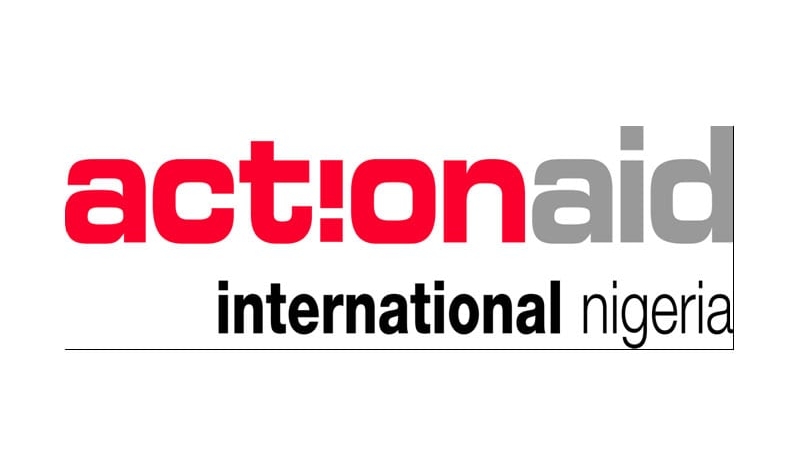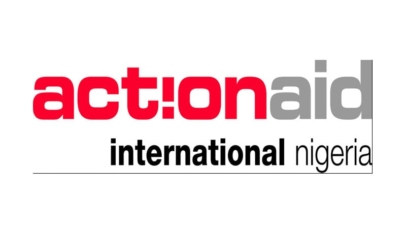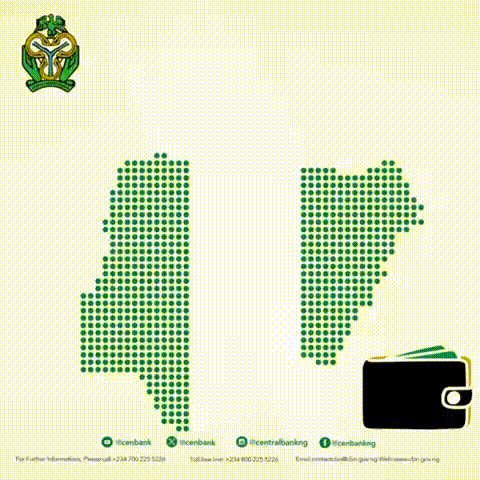
Nigeria bleeds from over $18bn yearly illicit financial flows – ActionAid
Folarin Abiodun
ActionAid Nigeria has raised the alarm that illicit financial flows-estimated at over $18 billion annually, is bleeding the nation’s economy of much-needed resources.
The Country Director, Andrew Mamedu at the Civil Society National Dialogue on Transforming the Financing for Development in Abuja said the consequences are not abstract but they are measured in lives.
He further explained that as at today, over 129 million Nigerians live below the poverty line adding that youth unemployment is at record highs and inflation continues to erode household incomes.
He said faced with these realities, we must ask ourselves: what kind of financing model can truly serve the interests of our people? The current international financial architecture is outdated, undemocratic, and unjust. It perpetuates inequality and reinforces dependency. It must change.
“That is why today’s conversation matters. As part of the broader mobilisations toward the Fourth International Conference on Financing for Development (FFD4) in Seville, this national dialogue is an opportunity for civil society to develop a unified voice, grounded in justice and solidarity, to call for urgent reforms both at home and globally.
“At ActionAid, we are clear in our demands Cancel the Debt. Unsustainable and illegitimate debts must be cancelled. Rich countries must honour their climate debt obligations.
“Change the System. We need a fair, transparent and democratic global financial system, one accountable to people, not profit.
“Choose Hope and Justice. National governments must tax the super-rich and large corporations, invest in public services for all, and accelerate a just transition for people and planet.
“We must move from dependency to sovereignty and reclaiming our right to define and fund our own development. This means plugging leakages, stopping illicit financial flows, expanding our tax base equitably, and ensuring that our fiscal policies are gender-responsive and people-centred.
Also, the Executive Director of the Civil Society Legislative Advocacy Centre (CISLAC), Comrade Auwal Ibrahim who was represented by the Program Manager, Ayo Omowu said across sector health, education, agriculture, water, and security we continue to see severe financing gaps that hinder our development ambitions.
“Our financing challenges are deeply rooted in systemic issues. Corruption, inadequate budgetary allocation and implementation, non-transparent procurement processes, and outdated or unavailable data continue to undermine our planning and policy execution.
“Most troubling is the collapse of development blueprints at the state level many states do not even have a measurable development plan, making it impossible to track or assess progress.
“In addition, excessive debt burdens, unutilised population potential, and the absence of an enabling environment for industrialisation and ease of doing business have contributed to our inability to finance development effectively.
“To overcome these challenges, we need a whole-of-society approach. Policymakers, legislators, the private sector, civil society, and development partners must work together to craft and implement strategies that can unlock new sources of revenue and improve financial management,” he said.
Also, the Lead Director, Centre for Social Justice (CSJ), Eze Onyekpere, in paper presentation titled: “Trend Analysis of Nigeria’s debt stock, 2020 to 2025”, called for transparency and accountability in the implementation of the country’s budget.
He made case for Nigeria’s first domestic and economy policy to advance the made in Nigeria agenda, adding that accountability is key in the development of the country.



